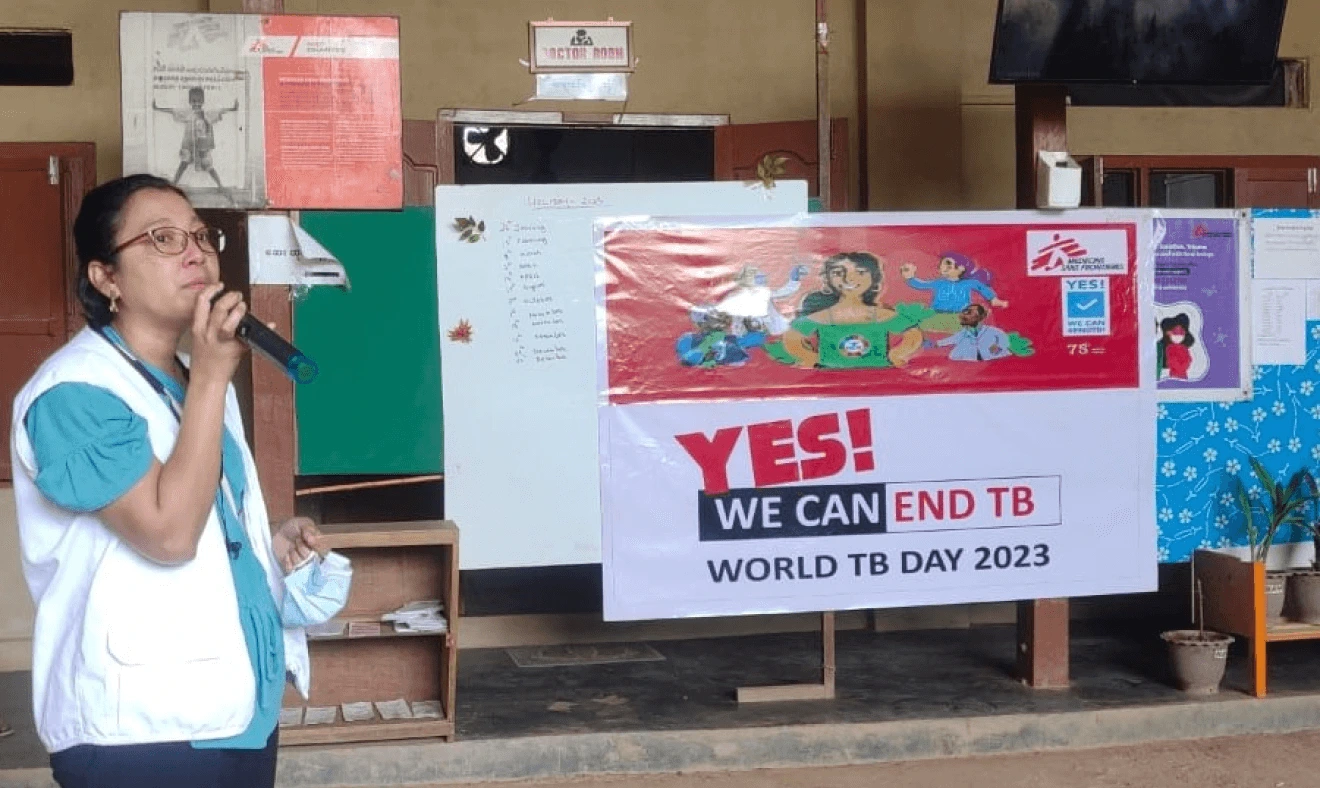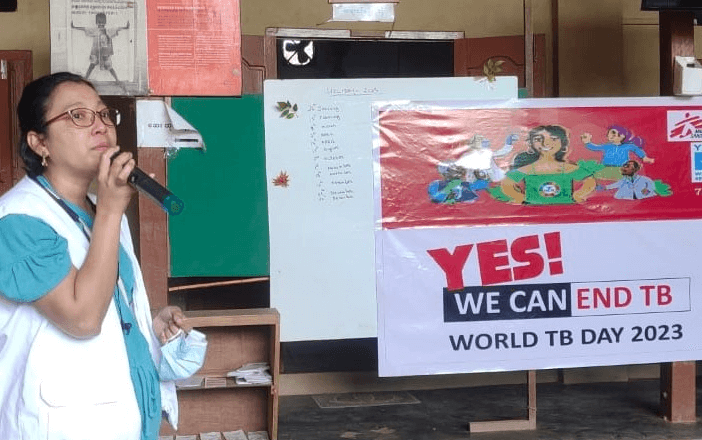Caused by a water-borne bacterial infection of the intestine, cholera is transmitted through contaminated food or water, or through contact with fecal matter or vomit from infected people. Cholera can cause severe diarrhoea and vomiting, and rapidly prove fatal, within hours, if not treated. But cholera is very simple to treat – rehydration is key. Most people respond well to oral rehydration salts, which are easy to administer. In more serious cases, intravenous fluids are required. Ultimately, no-one should die of cholera.
In 2023, 30 countries recorded cases of cholera. MSF teams responded to cholera outbreaks in more than 10 countries, including in Lebanon, Haiti, Syria and DRC; in many of these countries, the situation is worrying. There is also a shortage of the oral cholera vaccines due to the high number of outbreaks around the world and the fact that one of the only two vaccine manufacturers left the market at the end of 2022.
Figures about cholera and our response
Data and information from MSF and other iNGOs
Up to 4M
infected cases per year
Up to 140K
deaths per year
>52K
cholera patient treated in 2022 by MSF





